Nothing Gold Can Stay
Robert Frost, 1874-1963 (The Complete Poems of Robert Frost, 1949)
Nature’s first green is gold,
Her hardest hue to hold.
Her early leaf’s a flower;
But only so an hour.
Then leaf subsides to leaf.
So Eden sank to grief,
So dawn goes down to day.
Nothing gold can stay.
Frost’s poem, with its challenge to consider the conflicting angles of autumn, has long been one of my favorites. Maybe that’s because as a child in New England, I reveled in the fact that the golden leaves of October could not stay. Their demise meant that the best season of all—winter—would soon come. The upcoming months guaranteed days of snow-filled adventure. Although autumn’s persona as an ending is certainly honored in Frost’s poem, so is the opposite proposition. Always an independent type, I’ve long been one to insist on the season’s promise.
How could I ignore Connecticut’s celebratory spirit in late September? The turning of summer’s green to gold meant raking and gathering great piles of leaves. Jumping into them with my Labrador before tidying them up again so Dad could light them with a match to burn. On those crisp afternoons after school, Mom and I often traipsed out to the vegetable garden to pick the last, and best, of the summer’s tomatoes. Pinky and Pokey, Dad’s hunting dogs, wagged and woofed and trembled with glee when he pulled out his hunting gun in anticipation of the upcoming duck season. By early October brilliant clusters of yellow and orange bittersweet replaced Mom’s roses in the middle of our dining room table. Indian corn—usually speckled with autumn’s magenta, purple, and gold—hung on our front door.
Yes, fall came to my childhood back yard with brilliance—the same way the season has just arrived in Denali. It might only be mid August here in the north, but the new season has arrived. The sunsets have returned: great glorious expanses of pink and violet patterns sweep overhead every evening, before ushering in the night sky. The night sky! After several months of daylight, it’s actually dark again in the middle of the night. “My buddies are back,” Mark announced last week after taking Sharp Cheddar for an 11 pm stroll. He’s talking about his favorite constellations, the ones that he watches all winter. He’s talking about a ritual that ties his heart to winter.
There are, of course, losses when one season shifts to another. I have to admit a twinge of sorrow, knowing that the days are numbered for the banner crop of chard and kale in my greenhouse. I turn on the portable heater every night before bed; when insomnia strikes I walk downstairs and check the thermometer to make sure temps haven’t fallen into the twenties—which would necessitate a 3 AM harvesting. And then there is the matter of my glorious flowers that adorn our front deck—their run will soon end. This week I’m dragging them inside at night, but next week I’ll likely just cover them with sheets and hope for the best. It’s all inevitable: “Nothing gold can stay.”
But this dawn like all others will “go down” to a new day. And you cannot tell me the dogs aren’t happy about it! They don’t care one wit about the greenhouse or the flowers. They relish the cooler air, and the mysterious noises in the darkening night. When the water in their dishes is frozen in the morning they look to me with high expectations that it’s time to head out on the trail. They are right: our training always begins by Labor Day weekend. For the next week or so we’ll busy ourselves brushing their coats, freeing the last tufts of shedding hair so the new growth can come in. We’ll up their calories to adjust to their caloric needs in cooler temperatures. We’re checking the four-wheelers and digging out lines and harnesses. Fall training is only days away.
But wait: there is one more tradition of summer—one that heralds the turning point when green morphs into gold (or more accurately, blue.) That iconic ritual is the picking of berries. Right now it’s blueberry time. Smaller than their Oregonian cousins, the wild Alaskan blueberries dot the tundra behind our house. They ripen before the first frost. Some years are better than others, and this season the crop is a winner. We love to pick them and store them for winter. We love to eat them, and so do our dogs. On Sunday night Sharp Cheddar, Colby Jack, and I went out together and sat on the wet spongy tundra to collect them. We picked and we picked. We ate our fair share, and I tried to concentrate on filling a one quart bucket. “Kerplink. Kerplank. Kerplunk.” The words from my favorite childhood story, Robert McLoskey’s Blueberries for Sal came rushing back. In McCloskey’s book, little Sal goes picking with her mother on one side of Blueberry Hill, while a bear and her cub do the same on the other side of the hill. Sal ate far more than she saved, and I won’t spoil the story by telling you what happened when one family got mixed up with the other. But the blueberries ruled the day.
There may well have been bears in the area when Cheddar, her sister Colby Jack, and I went picking on Sunday evening, but we never saw them. Mesmerized by the musky scent of berry-clad tundra, I picked and picked, filling one quart box at a time. Drawn to the minutia of the spongy ground cover—the lichens and spruce cones, and the mushrooms of all sizes and shapes—I focused on blueberries. And so did the dogs. They were more rambunctious in their picking. They nosed the earth and gently pulled a berry or two before romping to another cluster. Then a squirrel cheeped and they bounded off to investigate. Meanwhile I kept on picking. “Kerplink. Kerplank. Kerplunk.”
And then the surprise: it got dark. Of course we’re losing minutes of light every day; as a winter person I claim to welcome the night. But it came as a shock—a sort of interruption—when it was time to put the lid on my box of berries and go home. In the dimming light Cheddar, Colby Jack and I followed the trail back to the house. But before going inside, I walked to the greenhouse and turned on the heater. For a few hours I might have lost myself in the blueberry harvest, yet even I could not let go of summer. If only the kale, the chard, the rosemary, and basil could hang on. Just for a few more weeks.
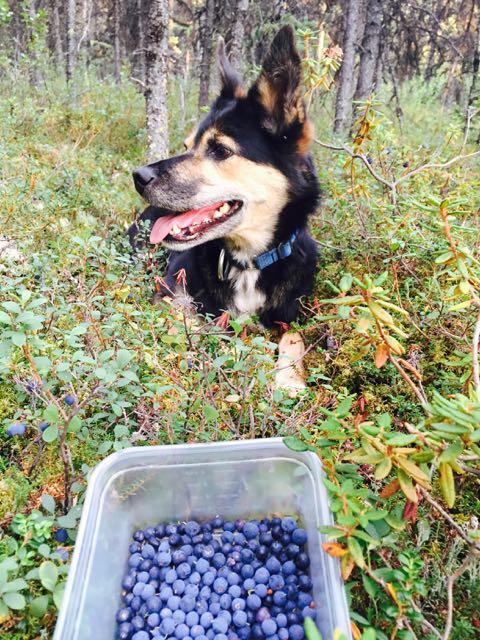


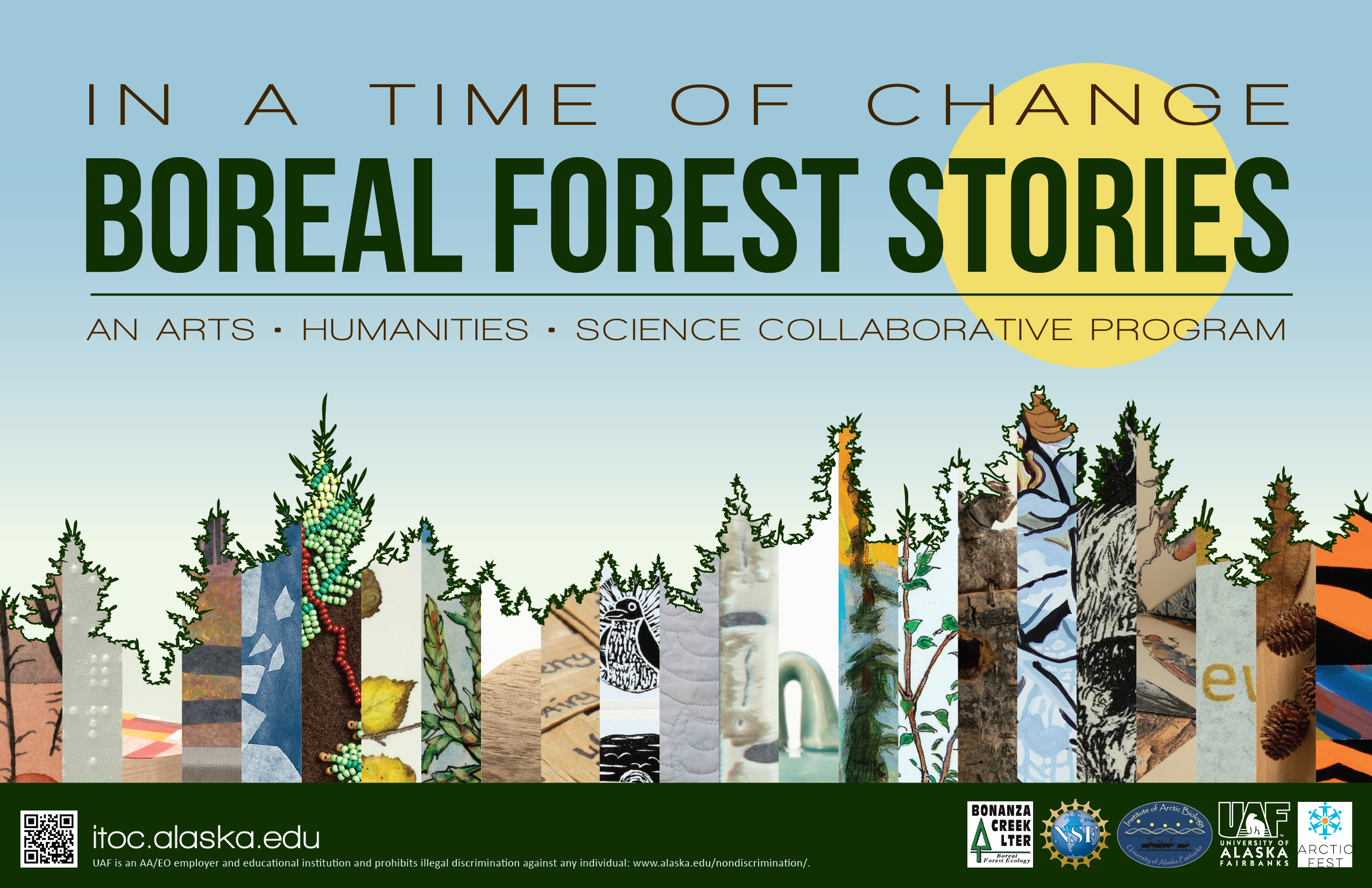
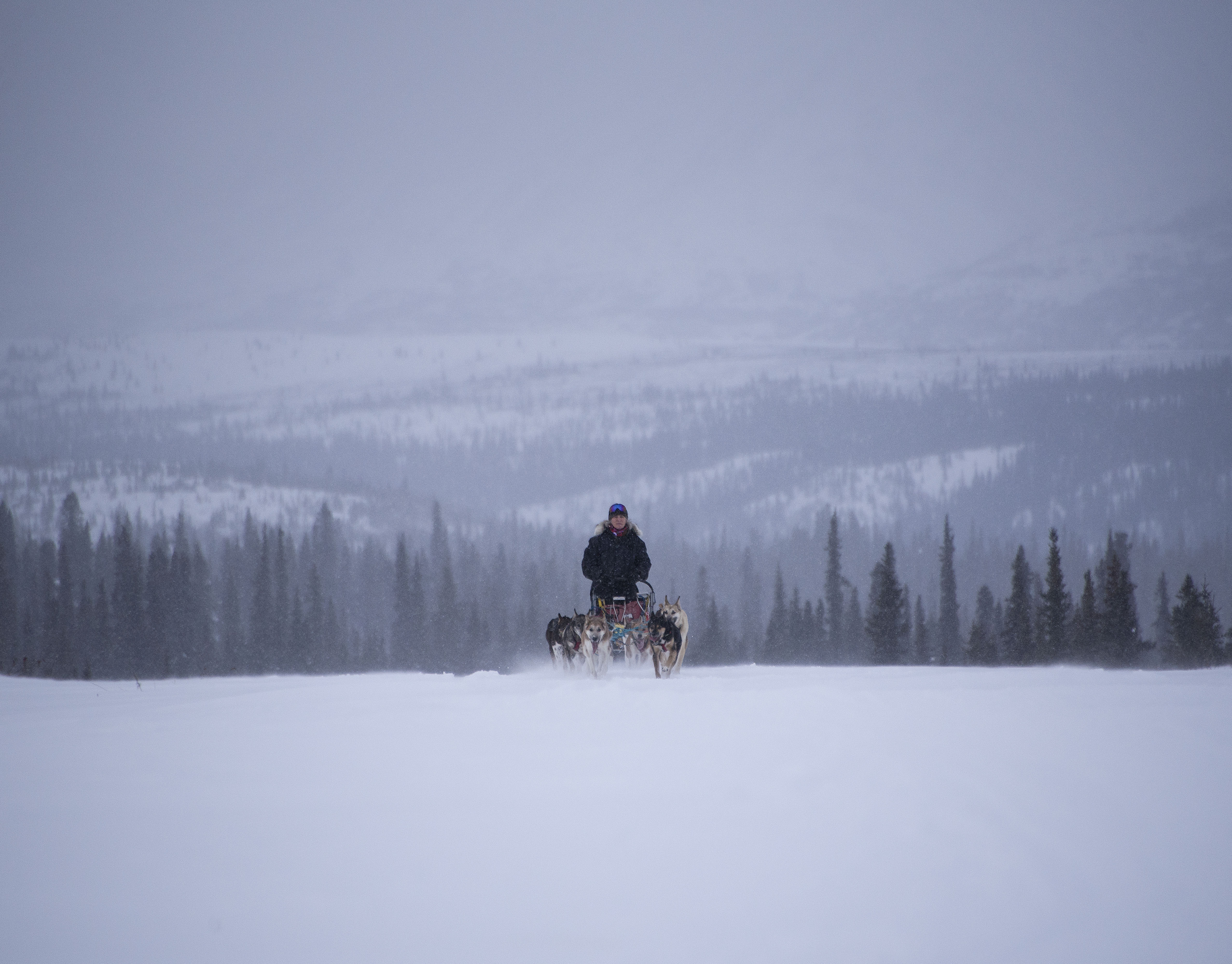

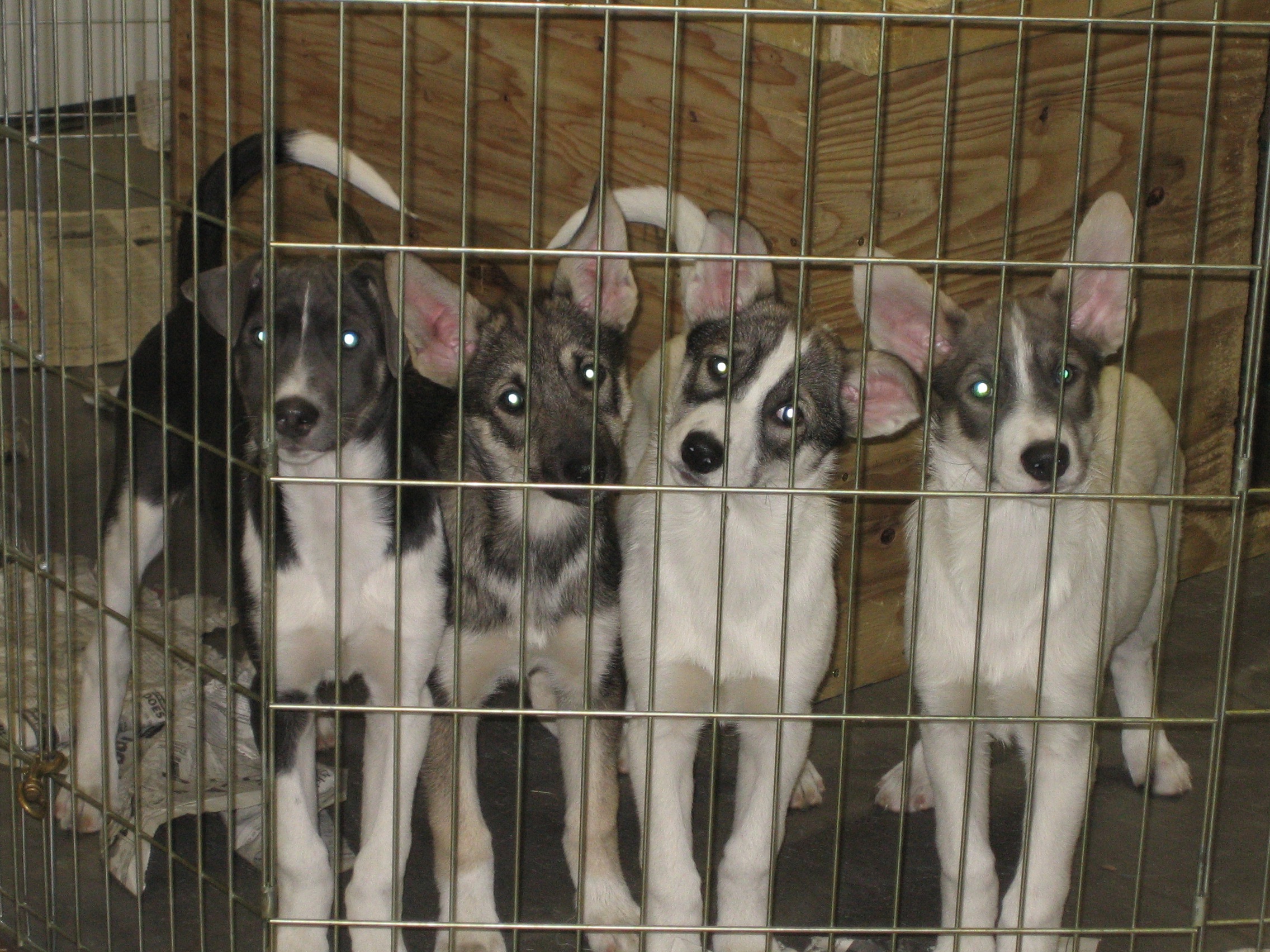
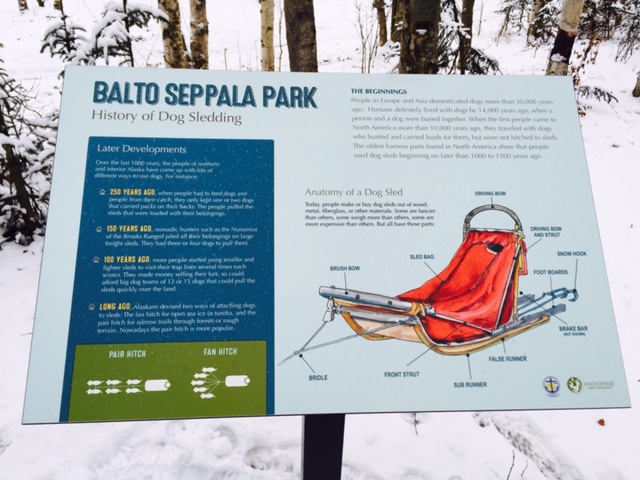
Leave A Comment